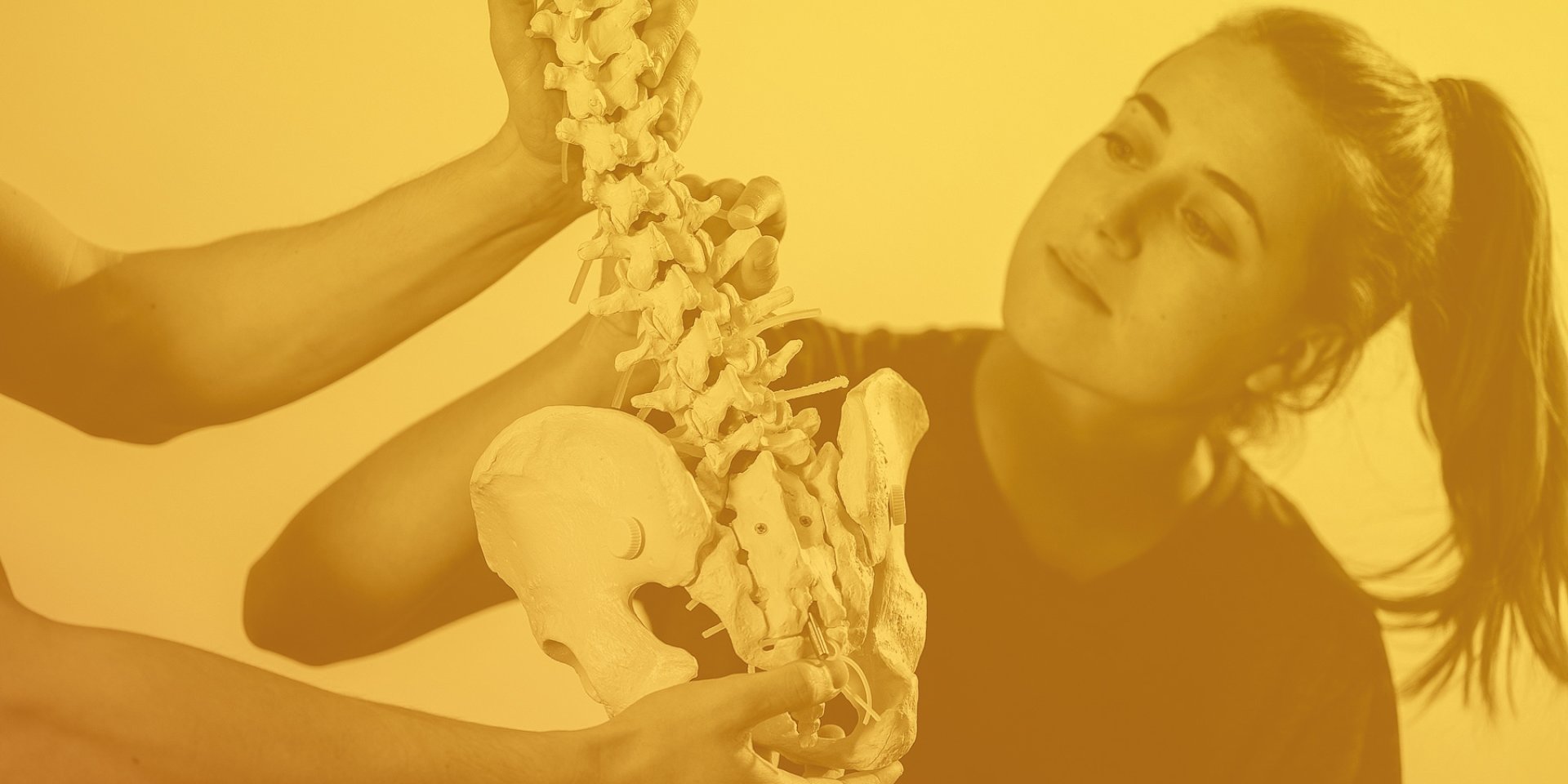Hospital-associated disability

Hospital-associated disability (HAD), as defined by Covinsky et al (2011), is a patient's loss of independence to perform at least one activity of daily living. This functional decline is related to the hospitalisation and not to the reasons for the patient's admission. The older population is at risk of developing HAD, which is becoming a serious problem as the number of older people continues to rise and the number of people developing HAD will also increase. We know that HAD is non-negligible, as Loyd et al. (2021) reported a prevalence of hospital-associated disability at 30%.
This project aimed to determine the magnitude of the problem by investigating the incidence of HAD and the tools currently used to assess activities of daily living (ADL). To do so, we conducted a rapid systematic review. Our aim was to assess the incidence of HAD in older adults admitted to acute care with three outcomes: i) in at least one ADL from a set of functional tasks and ii) the incidence of functional decline in an individual functional task, and to identify any tools or functional tasks used to assess ADL in hospitalized older patients.
We found that the incidence of HAD (overall score) was 37% (95% CI 0.30–0.43). This high incidence suggests that the problem of functional decline due to hospitalization is an important issue for relevant stakeholders and should be carefully monitored. However, this value might be overestimated, due to two reasons i) a combination of disease-related disability and HAD and ii) a difference in the assessment procedure of ADL between baseline (patient-reported) and discharge (observer-based).
We couldn’t perform a meta-analysis of the individual items due to insufficient data. However adequate data was reported in one study of the individual functional task. The following values were reported for the patients’ self-reported dependencies: 32% for bathing, 27% for dressing, 27% for toileting, 30% for eating and 27% for transferring. Finally, this review identified four assessment tools, two sets of tasks, and individual items assessing ADL in such patients.
Dr. David Beckwée :
Dr. Jan Taeymans :
Dr Roger Hilfiker :
